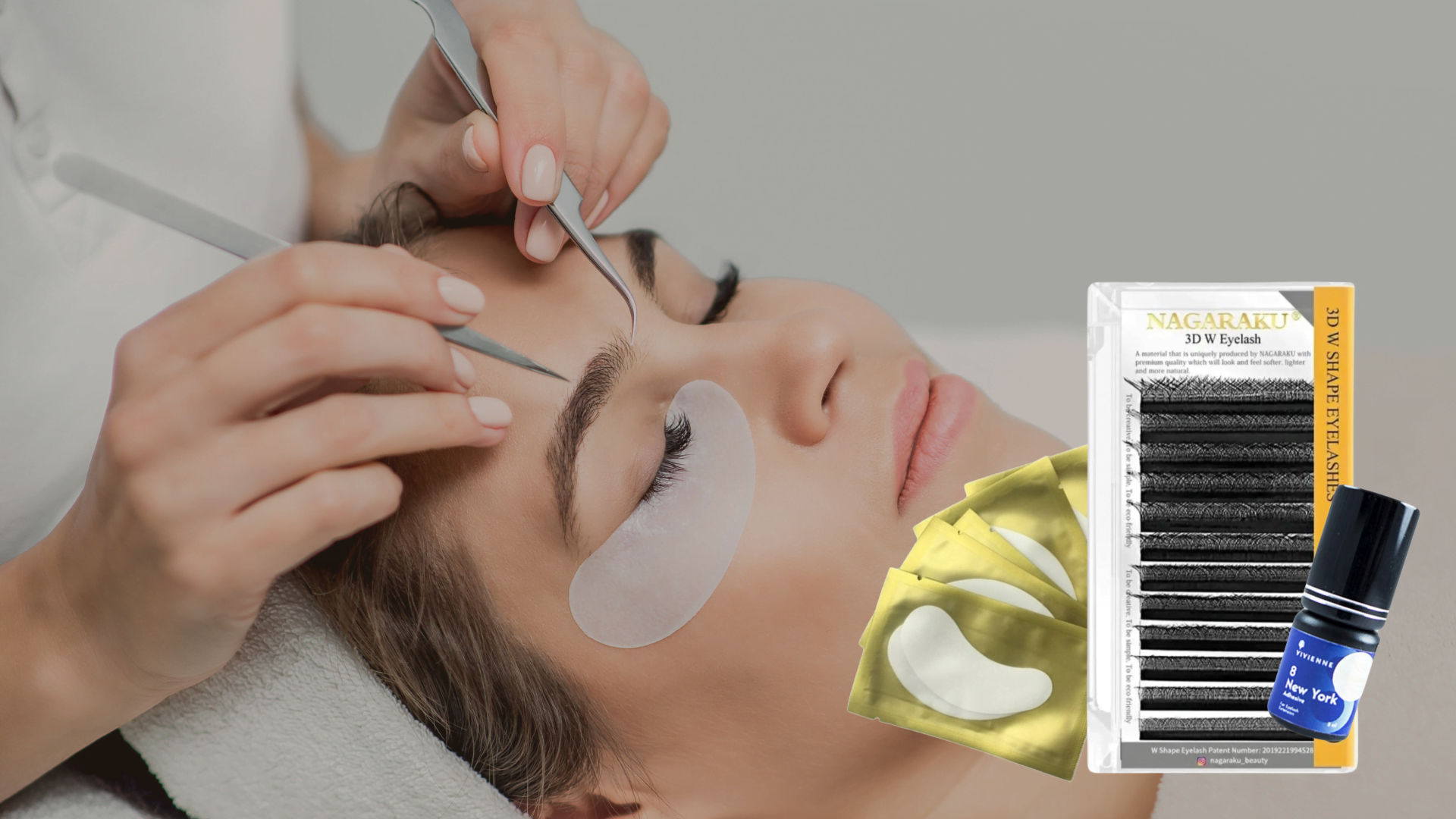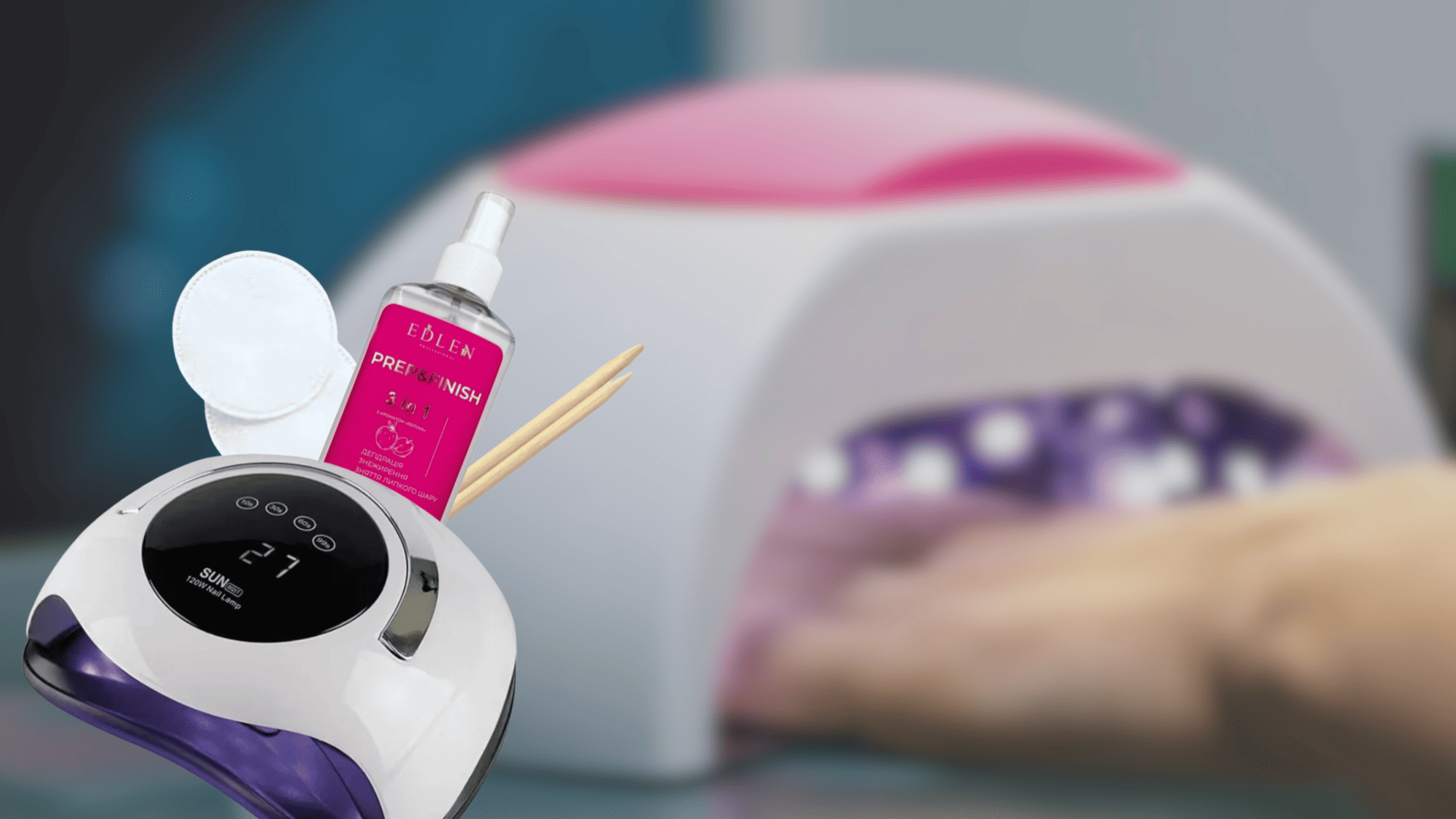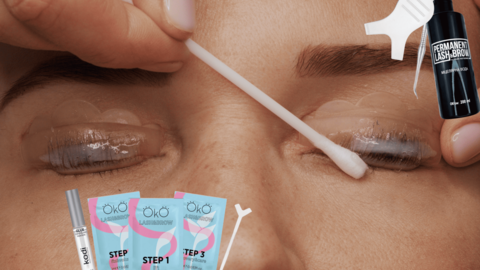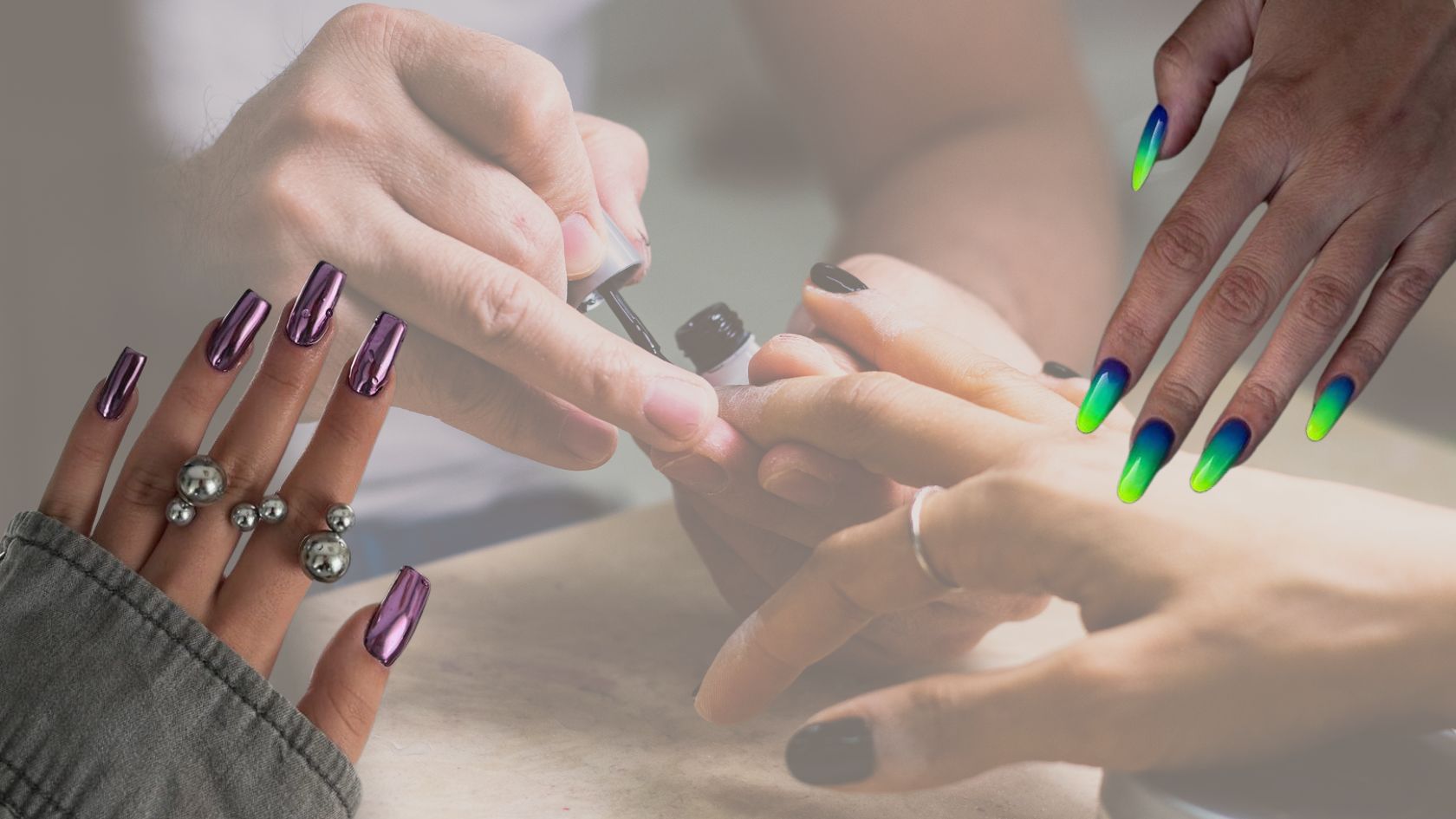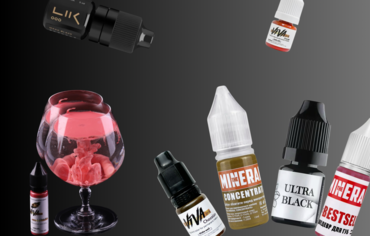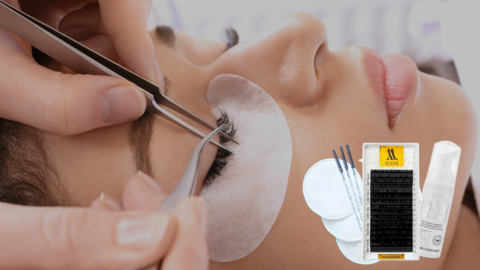How to Deal with Allergic Reactions to Glue in the Beauty Industry
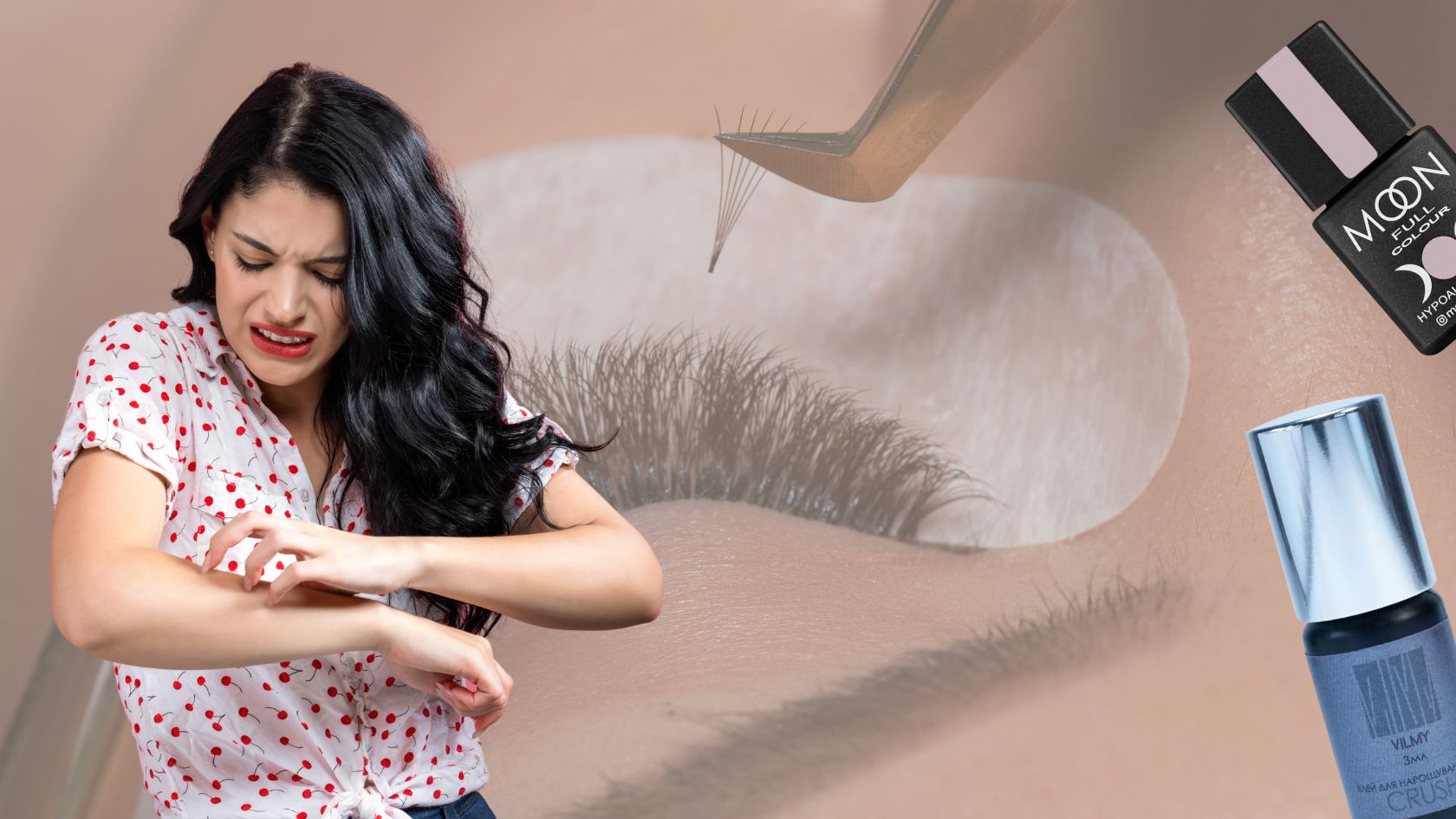
Glues play an essential role in many cosmetic services, such as eyelash extensions or applying artificial nails. However, the components in glues can cause allergic reactions in some people. Therefore, it's important for beauty professionals, such as makeup artists, manicurists, and eyelash stylists, to be aware of potential risks and know how to effectively respond to allergic reactions.
- Skin Sensitivity
Some people may be more prone to allergic reactions than others. It’s crucial to understand your skin's condition and sensitivity and to inform clients about the need for patch tests before procedures.

- Allergy Tests
Before any procedure that requires the use of glue, it's recommended to perform an allergy test. This test involves applying a small amount of glue to the skin, usually behind the ear or on the inner elbow, and monitoring for possible reactions over 24-48 hours.
- Allergic Reactions
If an allergic reaction occurs, such as redness, itching, burning, or swelling, the procedure should be stopped immediately, and medical attention should be sought. Following the doctor's advice is crucial.
- Safety and Hygiene
To prevent allergic reactions, it’s important to use safe and high-quality glues, as well as to maintain proper hygiene during procedures. Regular disinfection of tools and precise application of glue can reduce the risk of allergic reactions.

- Appropriate Actions in Case of Allergic Reactions
If a client experiences an allergic reaction after a procedure, the artificial eyelashes or nails should be removed immediately, the skin should be washed with water and mild soap, and medical attention should be sought. In case of severe symptoms like shortness of breath or anaphylaxis, emergency services should be called.
- Informing Clients
Beauty professionals should inform their clients about possible allergic reactions and how to address them. It’s important to educate clients about the necessity of allergy tests and how to respond to early signs of a reaction.

Conclusion
Combating allergies and allergic reactions to glues in the beauty industry requires attention, knowledge, and appropriate actions. A professional approach, regular testing, and the use of high-quality products are key to ensuring client safety and satisfaction.

